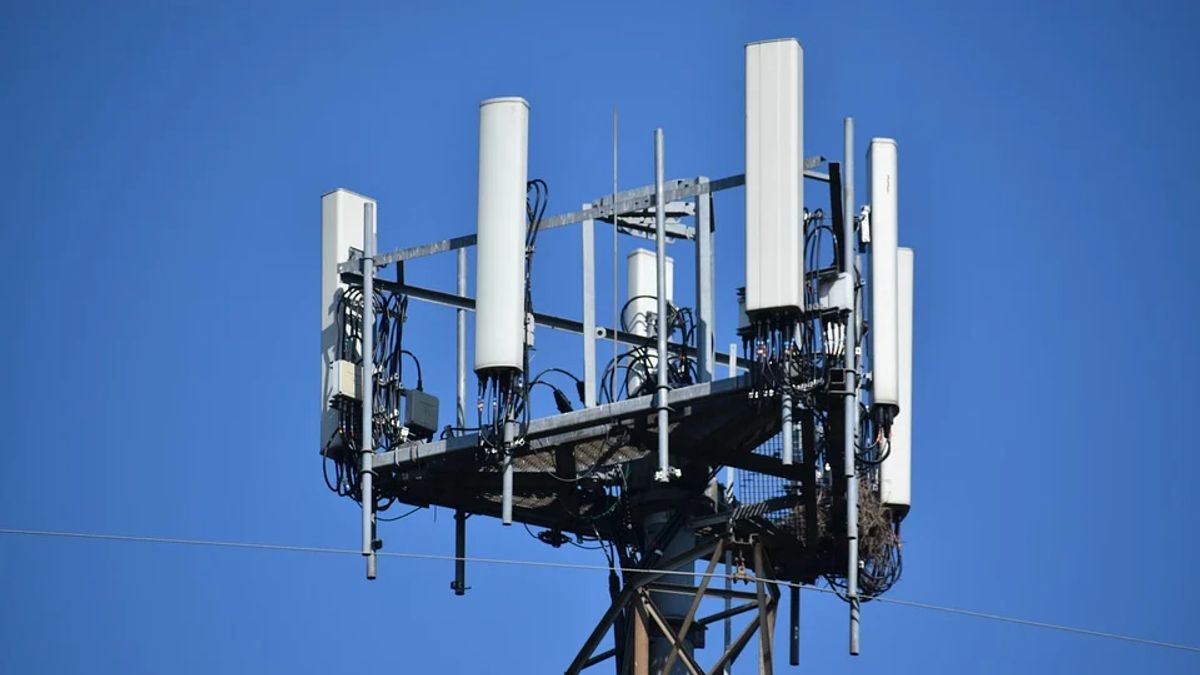The jury is still out on the danger of new 5G signal band
Federal Aviation Administration publishes planned flight restrictions in preparation for launch of 5G in the US
There’s a reason wireless devices have a ‘flight mode’ – to prevent any possibility of them interfering with the multitude of various digital systems on an aircraft that keep it flying, and its passengers safe. That’s all well and good when you can ensure that everyone onboard an aircraft turns flight mode on, but what if the signal interference is coming from a system outside the craft, and out of everyone’s control? That’s the issue the FAA has identified with the launch of the new band C of the 5G mobile network on January 5th. The issue with band C is its potential to interfere with radio and radio altimeters, which measure the distance between an aircraft and the ground. So, a pretty important system then, especially as info from these devices is used directly by numerous safety features to land planes, as well as avoid mid-air collisions. What’s the solution then? Well, in short, the FAA doesn’t have one, yet. They are, however, working closely with the Federal Communications Commission to come up with an answer. So far, 5G providers like Verizon have agreed to limit usage of the system around 46 different key locations near airports, to reduce risk of interference. On top of this, providers had already agreed earlier in the year to delay the launch of band C to give the FAA more time to come up with a solution.
So far, the FAA has published a couple of airworthiness directives which seek to revise aircraft and helicopter manuals to prohibit certain operations that require radio altimeter data when there is a C-band signal present. This is far from a long-term solution, but along with the planned service reduction in key areas by 5G providers, the FCC and FAA hope that these measures will severely reduce the risk of any accidents caused by interference. The FAA stated recently that it believes “5G expansion and aviation will coexist safely,” demonstrating the optimistic attitude the organisation has towards the usage of the new signal band. Despite all the optimism, however, aviation groups are still concerned that 5G providers are not doing enough to ensure safety. I don’t really blame them, even after the FAA acknowledged that the new signal does pose a risk, Verizon, one of the main providers of the new 5G band, stated that “there is no evidence that 5G operations using C-band spectrum pose any risk to aviation safety.” So, the private companies seem to think differently to the official body. I only hope that this new tech doesn’t cause any serious accidents.


0 Comments